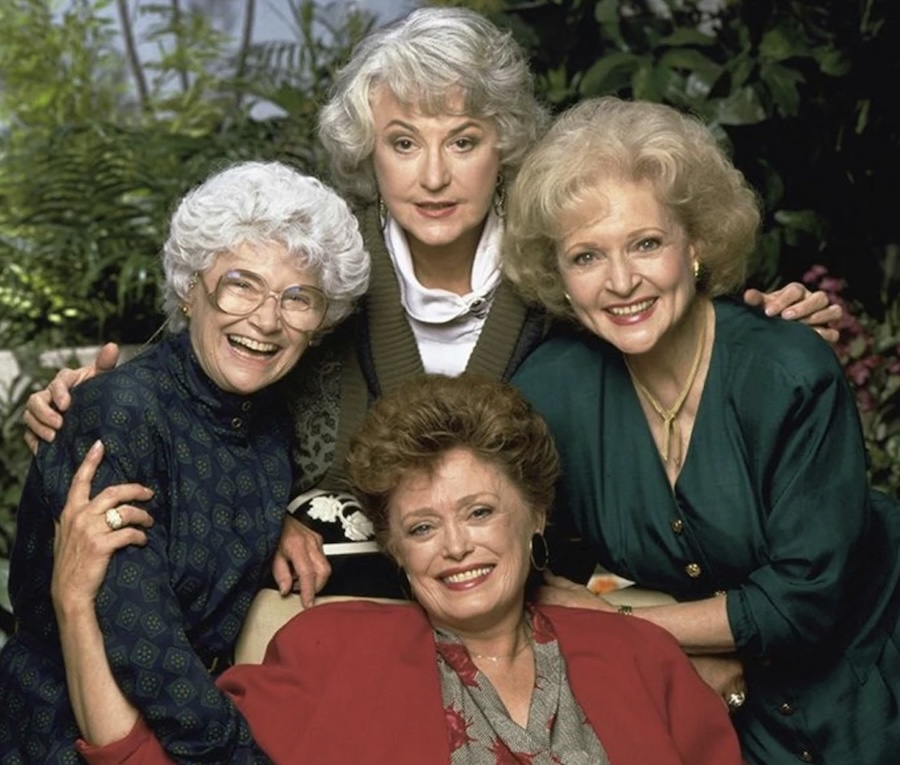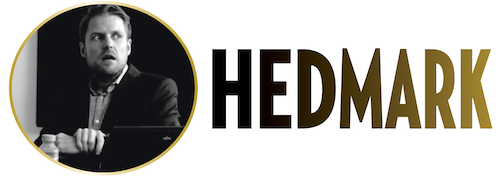ABOVE AVERAGE

I used to think this took guts to admit. I will turn 29 next month, not 79. A guy my age is supposed to enjoy tougher fare, not some old sitcom from the 1980s, which even in its heyday was considered programming for old people. There’s an episode of Friends where Ross is ridiculed for having spent his Saturday nights in the ‘80s watching The Golden Girls. But this show was indeed golden in every way.
Personalities constantly colliding
It all began in 1985 with successful TV producer Susan Harris looking to do something controversial, something daring. Would it be possible to launch a show starring four women who were all in their 50s and beyond? These women would be portrayed as people with sexual desires and a will to live life to the fullest – some may believe that once the kids leave the nest, life ends, but the golden girls proved them wrong.
The show was set in Miami where Southern belle Blanche (Rue McClanahan) invited Rose (Betty White) and Dorothy (Bea Arthur) to share her house and rent; the ladies were soon joined by Dorothy’s mother, Sophia (Estelle Getty), whose wild behavior had become too much to handle for the local retirement home. These were very different women whose personalities constantly collided. Blanche was a lustful widow who would enjoy the company of a new gentleman every weekend; there were jokes about the mirror installed in her bedroom ceiling. Rose, of Norwegian descent, was somewhat dimwitted; a very sweet lady who always had the most incredible stories to tell about St. Olaf, the strange, little town where she grew up.
Dorothy was the only one in the house who was not a widow but a divorcee (Stan, her useless ex, would make occasional appearances whenever he was strapped for cash). She was very tall, spoke in a husky voice and always had a sarcastic line ready for whenever Rose was unusually slow or Blanche unusually slutty. She got that from her mother; Sophia was a tough old bird of Italian descent, unquestionably a figure of authority in the household.
Love and warmth softened the sharp dialogue
There were moments of earnestness, but the show didn’t handle that as well as the comedy. Friends, lovers and family constantly visited the Miami household and they always had a problem. The Golden Girls did have a certain ambition to deal with controversial issues, such as AIDS, but that kind of drama rarely benefits from being forced into a half-hour format where problems need to be resolved in the closing minutes. The actors were also less convincing in these circumstances (except Arthur and White). The show nevertheless deserves kudos for taking the chance to introduce complicated issues when it wasn’t really asked of it to do so.
The writers expertly took advantage of the ladies’ personalities, but softened the sharp, hilarious dialogue with lots of love and warmth.
Naturally, the best aspect of The Golden Girls was its sense of humor; the writers expertly took advantage of the ladies’ personalities, but softened the sharp, hilarious dialogue with lots of love and warmth. That was a perfect recipe and made it easy to forgive lightweight stabs at being “serious”.
The quality of the show remained high over the years, and it obviously gained a gay following. The dynamic quartet was superb, and it was particularly nice to see veterans White and Arthur being handed such rewarding parts after long careers in television. Just like in Maude, Arthur made an unforgettable, funny contribution. Once she decided to leave Maude in the 1970s it was canceled, and the same thing happened to The Golden Girls. The final sequence saw Dorothy moving out of the house after marrying a man played by Leslie Nielsen. There was no need to make Frank Drebin rooster in this hen house.
The Golden Girls 1985-1992:U.S. 179 episodes. Color. Created by Susan Harris. Theme: “Thank You For Being A Friend” (Andrew Gold). Cast: Bea Arthur (Dorothy Zbornak), Betty White (Rose Nylund), Rue McClanahan (Blanche Deveraux), Estelle Getty (Sophia Petrillo).
Trivia: McClanahan was originally considered for the part of Rose and White for Blanche, with Elaine Stritch as Dorothy. Followed by a spin-off series, The Golden Palace (1992-1993).
Emmys: Outstanding Comedy Series 85-86, 86-87; Directing 86-87; Writing 85-86; Actress (White) 85-86, (McClanahan) 86-87, (Arthur) 87-88; Supporting Actress (Getty) 87-88. Golden Globes: Best Comedy Series 86, 87, 88; Actress (Getty) 86.
Quotes: “Old age? You don’t leave fingerprints anymore!” (Arthur to Getty)
Last word: “I think it was Bruce Paltrow [television and film director and producer and father of Gwyneth Paltrow], who was with us and saw it at the upfronts, which was called “selling season” back then. He said, ‘You’ve done the perfect pilot.’ That was the only pilot they screened then for the buyers. They would choose only one pilot and show it in its entirety. The reaction in that room – you just knew. You knew that you had a hit.” (Harris, Out.com)
